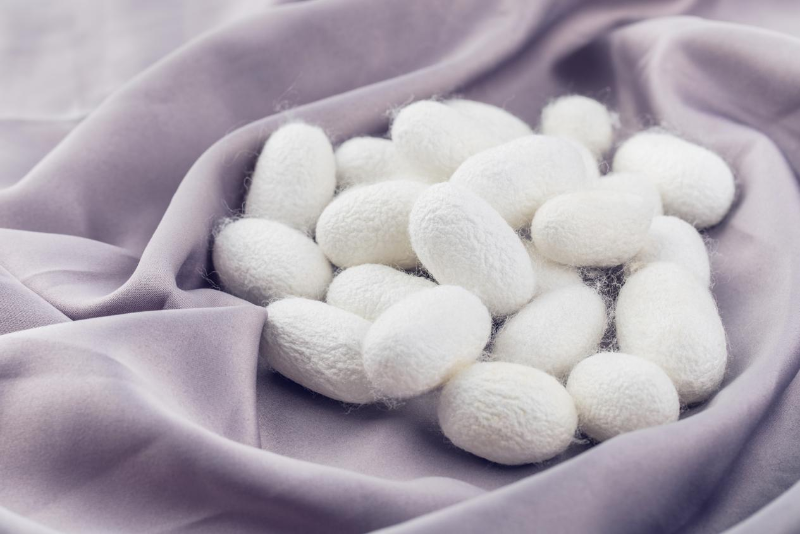
Classification and Characteristics of Fabrics: Natural Fibers
For laundry shops, though mastering all kinds of stain removal technologies is very important, mastering all kinds of characteristics of all kinds of clothes fabrics is the premise of safe and highly efficient laundry service. Fabric is the foundation of clothing. Different fiber components have completely different requirements for detergents, water temperature, washing methods, and even drying. Neglecting the characteristics of the fabrics will have an impact on the washing machine, or severely cause the shrinkage of clothes, deformation, fading, and even complete damage to the clothes. As a result, systematically understanding the basic knowledge of fabric fibers is a compulsory course for every laundry professional.
The fibers of clothes fabrics are mainly divided into three categories: natural fibers, chemical fibers, and regenerated cellulose fibers. Now, let’s first understand the characteristics of natural fibers.
Natural Fibers
Natural fibers can be divided into plant fibers and animal fibers.
The common plant fibers: cotton, flax
The common animal fibers: wool, cashmere, silk
These two kinds of fibers differ significantly in structure and performance, and their washing methods are also quite different.
The laundry points of plant fibers (cotton, flax)
- Alkali resistance
The cotton fibers and flax fibers can resist alkali, but cannot resist acid. When washing, neutral detergents or weakly alkaline detergents should be chosen without using acid detergents.
- Water temperature
Cotton
The heat resistance is good, and it has excellent dyeability. White pure cotton clothes can be safely washed at water temperatures below 70℃. For dyed cotton fabrics, caution is needed. It is recommended to keep the temperature below 40-60℃ to prevent color fading.
Flax
It has extremely poor heat resistance. Its color fastness is generally not inferior to that of cotton. It is strongly recommended to use cold water or warm water at a temperature lower than 40℃. High temperature easily causes the stiffness of flax fibers, decreased strength, severe shrinkage, or dull colors.
Washing method: Machine washing and hand washing are both acceptable, but for linen products, it is necessary to avoid excessive friction to prevent pilling.

The laundry plants of animal fibers (wool, cashmere, silk)
Silk
It has high sensitivity to alkalinity, high temperature, mechanical forces, and illumination. It is prone to fading, loss of luster, pilling, and a decrease in strength.
Pure wool, cashmere, and silk clothes
Dry cleaning can be chosen, which can effectively avoid the above-mentioned risks of water washing.
- Wet cleaning
If the laundry shop is equipped with professional wet cleaning machines (precise temperature control, and low mechanical forces) and wet cleaning detergents especially designed for refined fibers, the laundry shop can do the wet cleaning under strict operations.
Detergent:
Weekly acid or neutral detergent should be used. Alkaline detergents should be avoided.
Water temperature:
The water temperature should be controlled under 30℃ or lower (cold water is better). High temperature is the culprit of the protein fibers’ denaturation, felting, and damage.
Mechanical forces:
Gentle action, avoid strong friction, twist, scrub, and wring. The best way is to use a laundry bag to protect fabrics.
Dehydration/ Drying:
Use low speed to dehydrate the fabrics or warp them with towels to absorb the moisture. Lay it flat and air dry in the shade, and avoid high-temperature drying and direct sunlight.
Reasonable detergent choice and professional laundry process are the premise of protecting the laundry quality of the clothes. In the next article, we will learn about the characteristics of chemical fibers and the precautions for washing.
ADD:No.388 Xinggang Road, Chongchuan District, Nantong City, 226000, Jiangsu Province, China.
-
Phone: +86-13917089379
-
Tel:+86-13917089379
-
Fax:+86-0513-85663366
-
E-mail:[email protected]








